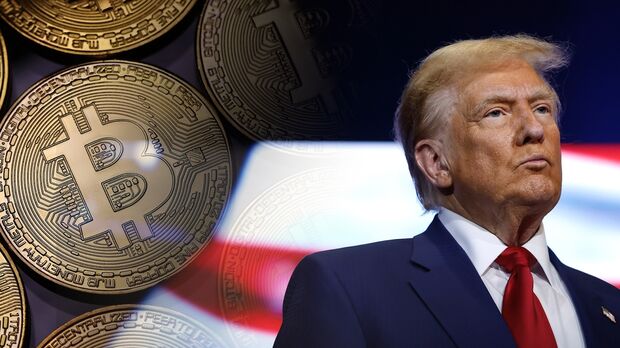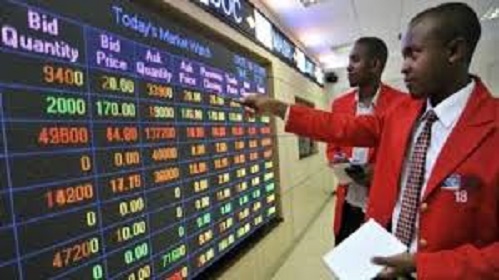
The World Bank Group, on Tuesday announced a downward revision of the 2019 global economic growth slightly from the 3.0% earlier announced in 2018, to 2.9%.
This, the bank said in its January 2019 Global Economic Prospects, is against the backdrop of the rising downside risks to the outlook, at a time international trade and manufacturing activity have softened, while trade tensions remain elevated.
The situation, the statement said, is not helped by the fact that “some large emerging markets have experienced substantial financial market pressures.”
The World Bank also forecast a 2% drop in growth among advanced economies this year, blaming slowing external demand, rising borrowing costs, and persistent policy uncertainties are expected to weigh on the outlook for emerging market and developing economies.
Growth for this group is anticipated to hold steady at a weaker-than-expected 4.2% this year, it added.
The statement quoted World Bank Chief Executive Officer Kristalina Georgieva as warning that “as economic and financial headwinds intensify for emerging and developing countries, the world’s progress in reducing extreme poverty could be jeopardized.”
As a war out, the Group urged countries to invest in people, foster inclusive growth, and build resilient societies, to keep the momentum.
The upswing in commodity exporters has stagnated, the statement added, while activity in commodity importers is decelerating, just as per capita growth will be insufficient to narrow the income gap with advanced economies in about 35% of emerging market and developing economies in 2019, with the share increasing to 60% in countries affected by fragility, conflict, and violence.
A number of developments could act as a further brake on activity, the statement added, warning further that “sharper tightening in borrowing costs could depress capital inflows and lead to slower growth in many emerging market and developing economies. Past increases in public and private debt could heighten vulnerability to swings in financing conditions and market sentiment. Intensifying trade tensions could result in weaker global growth and disrupt globally interconnected value chains.”














